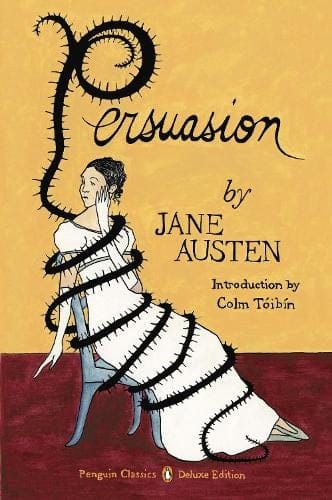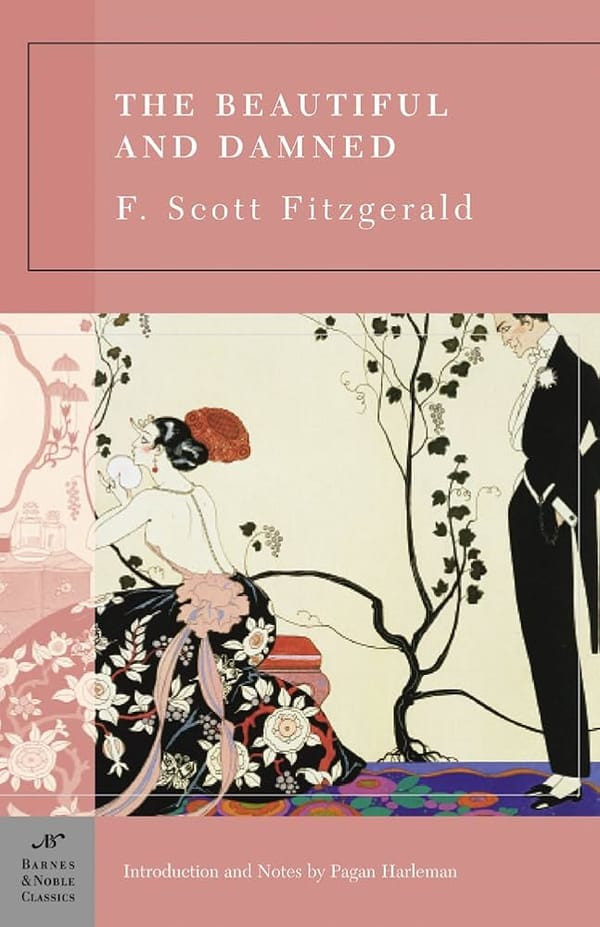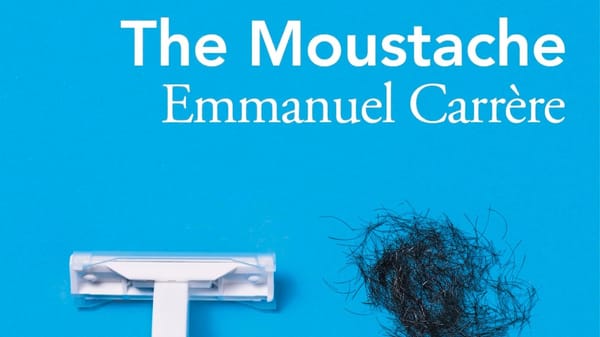Persuading you to give Persuasion a go
Somewhere in Waterstones, Daunt Books, or the local South Kensington Books just down Exhibition Road, is an Austen gem tucked sheepishly away with not many attribute attention to; the stunningly mature and endlessly inspiring story of Anne Elliot: Persuasion

It is a universally acknowledged truth that Jane Austen can be found as one of the antonyms when you search up the word “niche”. Pride and Prejudice and Emma are widely recognised as the leaders of the Austen Universe; 30 million copies of these books “by a Lady” have been sold worldwide, with Pride and Prejudice accounting for over 20 million copies alone. The first edition of Emma, adorned preciously with a handwritten note from the author herself, was auctioned and sold for a staggering USD $424,794.
But I am not here to talk about Austen’s most widely acclaimed stories, because somewhere in Waterstones, Daunt Books, or the local South Kensington Books just down Exhibition Road, is an Austen gem tucked sheepishly away with not many attribute attention to; the stunningly mature and endlessly inspiring story of Anne Elliot: Persuasion.
Persuasion is Austen’s last fully completed novel. 19- year-old Anne Elliot’s heart is shattered when she is forced to reject the proposal of the endearing Captain Wentworth, by a family fixated on financial stability. Eight years later, Anne’s miseries of a love long lost continue to haunt her. They plague her until and during the return of Captain Wentworth, now in search of a wife who is decidedly not Anne.
Persuasion, moreover, offers discussion that denounces a patriarchally-imposed female identity, and it does so primarily by deconstructing the idea that beauty is synonymous with youth, presenting it instead as stemming from happiness. While Austen harshly commences with a criticism of Anne’s appearance, she masterfully adopts an extended metaphor of “bloom”.
If bloom is desirability, then Anne is fully in bloom when she is a conventionally pretty, young girl and the object of Captain Wentworth’s adoration. Following heartbreak and inevitable passage of time, Anne wilts. The loss of bloom is also coupled to a loss of spirit to illustrate that a deprivation of beauty is inescapably followed by hopelessness; there is no chance at a respectable marriage, or even a good humour.
However when the heroine gets to escape her own mind and enjoys a period of life more social and diversified at Uppercross, she is blessed by Austen with a “second spring of youth and beauty”. The implication that youth is not chronological is quite inspiring; a 27-year-old lady of the Georgian era being commended on such matters bears a different impact than if similar praises were allocated to 20-year-old Emma or 22-year-old Elizabeth.
Austen also manages to engage her heroine in discussion that may be surprisingly feminist for its time. Anne grapples with the restriction of opportunities that encaged Georgian era women with their thoughts, and no chance to escape them when she disagrees with Captain Harville concerning which sex forgets their love more quickly – “We live at home, quiet, confined, and our feelings prey upon us. You are forced on exertion. You have always a profession, pursuits, business of some sort or other, to take you back into the world immediately”. Anne then highlights to Harville how the female fickleness that he is so convinced of has been described in literature by men because the “‘pen has been in their hands”.’ Austen, a writer struggling due to her sex, likely lets her own frustrations trickle into her heroine’s thoughts, and it is satisfying to see.
Of course, it would be a seriously heinous crimes to write an article about Persuasion without any mention of its romance. And I will mention it so very briefly, because this article is too long and because the views of the romance in Persuasion vary enormously. A friend of mine, for example, once described it as a novel that “deromanticizes romance”.
Perhaps to you this might sound a little underwhelming: why on earth would anyone read a romance that does not swoop one of their feet? In Persuasion, there is a lot less swooping off of feet and a lot more grounding. There is more self-reflection, anger, regret and embarrassment than there is of loud proclamations of love and dramatic plot-twists.
A quote in an old paper dedicated to Persuasion, by an individual called Reginal Farrer (whom I do not know but his words are quite befitting) sums up the novel perfectly: “Though Persuasion moves very quietly, without sobs or screams, in drawing-rooms and country lanes, it is yet among the most emotional novels in our literature”.
So, Persuasion is a story of clever conversation and defiant character, and in my humble opinion, only loses out to Emma and Pride and Prejudice in the modern cinematic universe. Whoever’s idea it was to make a Netflix original Persuasion where Anne Elliot refers to Wentworth as a “ten” while Pride and Prejudice got a Keira Knightley and Matthew Mcfayden confession in the rain, has succeeded in not only getting Austen to turn in her grave, but making a few fans wish they were also six feet under.
There is hope yet for a good film adaptation that would popularise a novel deserving of more love, but with the direction in which we seem to be moving given the upcoming Wuthering Heights movie, staying optimistic is a true challenge. For you, the challenge should be resisting Persuasion any further – do make sure to grab a copy for a cozy, a little more niche, November read!








